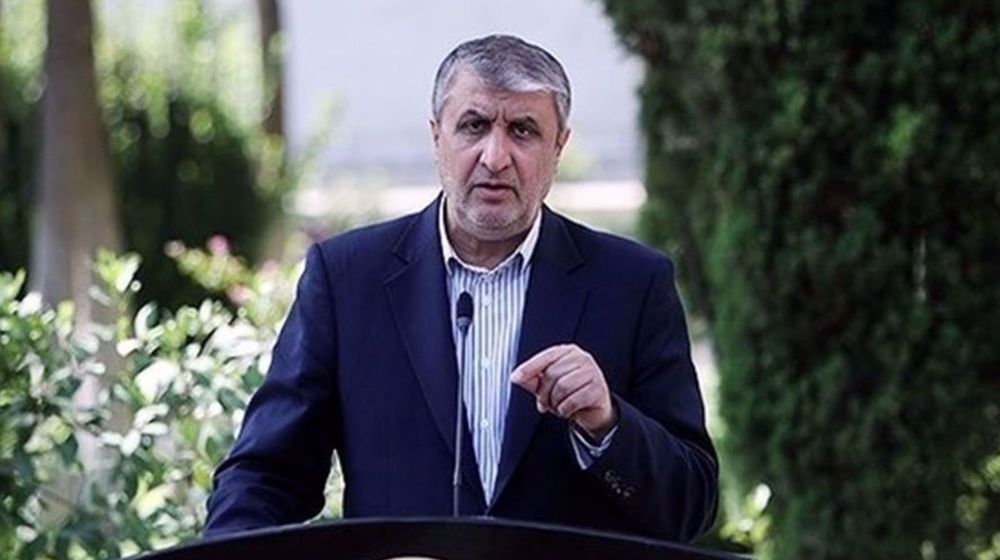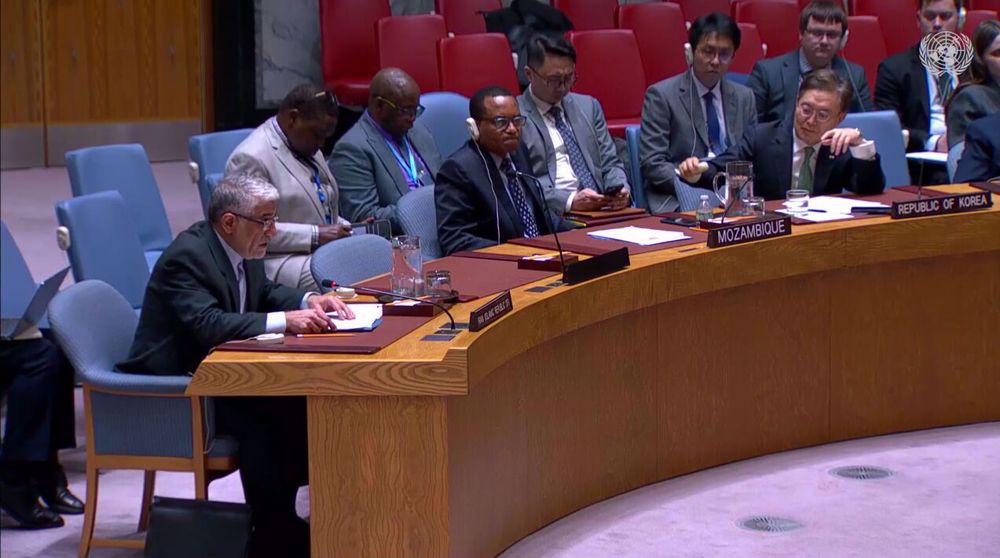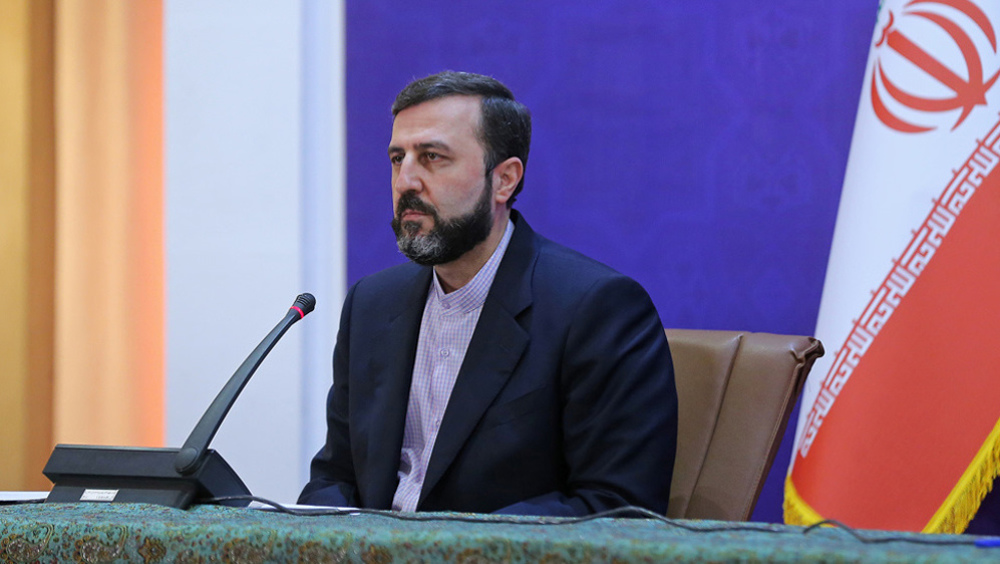Iran in complete compliance of JCPOA: Russian deputy FM
Russia has stressed that it has no doubt that Iran is in complete compliance to all aspects of the Joint Comprehensive Plan of Action (JCPOA).
"We have no doubts, Iran fulfills all terms of the agreements," said Russia’s Deputy Foreign Minister Sergei Ryabkov during an international non-proliferation conference in Moscow on Saturday.
"Almost two years of the Joint Comprehensive Plan have demonstrated the agreement works effectively and copes fully with the outlined tasks. There is no alternative to the plan of action. We do not see reasons or opportunities to review or change it," he added.
He added that the JCPOA contains a fragile balance of interests "regarding fundamental issues of its participants’ security."
"Any shift of this balance will cause unavoidable collapse of the entire mechanism, and it would be impossible to assemble it in some new form... It is unrealistic to adjust the agreement, as all the issues, which required settlement, were solved this or that way," he noted.
'Throwing Netanyahu a bone'
US President Donald Trump delivered an anti-Iran speech on October 13, in which he said he would not be certifying Iran’s compliance with the terms of the JCPOA under a domestic American law, kicking a decision to Congress on whether to restore sanctions against the Islamic Republic.
Yet, Trump’s move “has no support either by the public or obviously by the Democratic party or even it lacks support by the members of the Republican Party,” according to activist and radio host Rodney Martin.
In an interview with Press TV on Saturday, the Los Angeles-based former congressional staffer asserted that canceling the nuclear deal is merely endorsed by “pro-war neocons” in the US politics as well as the Israeli regime, particularly Prime Minister Benjamin Netanyahu.
“I suspect the real reason behind President Trump’s position is that he is not going to move the US embassy from Tel Aviv to Jerusalem [al-Quds] and so he is going to compensate by his failure to deliver on that promise by throwing Netanyahu a bone,” he noted, citing Bibi’s attempts against the JCPOA after Trump won the US presidency.
Read More:
Martin further pointed to a poll that showed the majority of Americans believe that Trump should not pull the country out of the international deal, asserting that the public opinion “does not matter” that much as the president is being led by “a very small dangerous cabal.”
The US Congress has been waiving some sanctions as part of American obligations under the nuclear deal. But the domestic US law requires presidential certifications of Iran’s compliance every 90 days. Trump has twice before offered that certification.

Hailed as a “great friend to the Jewish people” by the Israeli premier, Trump has mended ties with Tel Aviv, which had gone sour under former President Barack Obama, in part due to his resolve to participate in nuclear negotiations with Tehran, which yielded a nuclear deal not welcomed by US regional allies, namely Israel and Saudi Arabia.
While Trump did not pull Washington out of the JCPOA, he gave the US Congress 60 days to decide whether to reimpose economic sanctions against Tehran that were lifted under the pact. Reimposing sanctions would put the US at odds with other signatories to the accord and the European Union.
Earlier in the day, Russian Foreign Minister Sergei Lavrov warned against breaking up the Iran nuclear agreement with world powers, saying it is "vital for strategic stability."
Iran has vehemently rejected the possibility of renegotiation, warning that any hostile action against the accord will jeopardize regional and global peace and security.
Meanwhile, Iran’s Deputy Foreign Minister Abbas Araqchi criticized the United States for preventing Iran from benefiting from the 2015 nuclear deal, warning that such a move “will have its consequences.”
Iran and the five permanent members of the United Nations Security Council – the United States, France, Britain, Russia and China – plus Germany signed the nuclear agreement on July 14, 2015 and started implementing it on January 16, 2016.
Read More:
- Iran will accept no conditions attached to JCPOA: Leader’s aide
- EU, South Korea stress Iran deal’s significance
- Iran warns Trump could worsen MidEast troubles
Under the JCPOA, Iran undertook to put limitations on its nuclear program in exchange for the removal of nuclear-related sanctions imposed against Tehran. The JCPOA is regarded as the most significant diplomatic success for the EU in several decades.
Dec. 22: ‘Axis of Resistance’ operations against Israeli occupation
‘Abhorrent’: Oxfam says only 12 trucks delivered aid in North Gaza since Oct.
VIDEO | Leader receives religious eulogists on Hazrat Fatima birth anniv.
Pope Francis slams Israel’s ‘machine-gunning’ of Gaza children
US hostage-taking of Iranian nationals violation of intl. law: Deputy FM
VIDEO | Carol Singers for Palestine on London’s Parliament Square
Ansarullah says ‘Israeli terrorists’ incapable of confronting Yemen, warns of secret weapons
VIDEO | Yemenis praise the military for its successful operations against Israel















 This makes it easy to access the Press TV website
This makes it easy to access the Press TV website